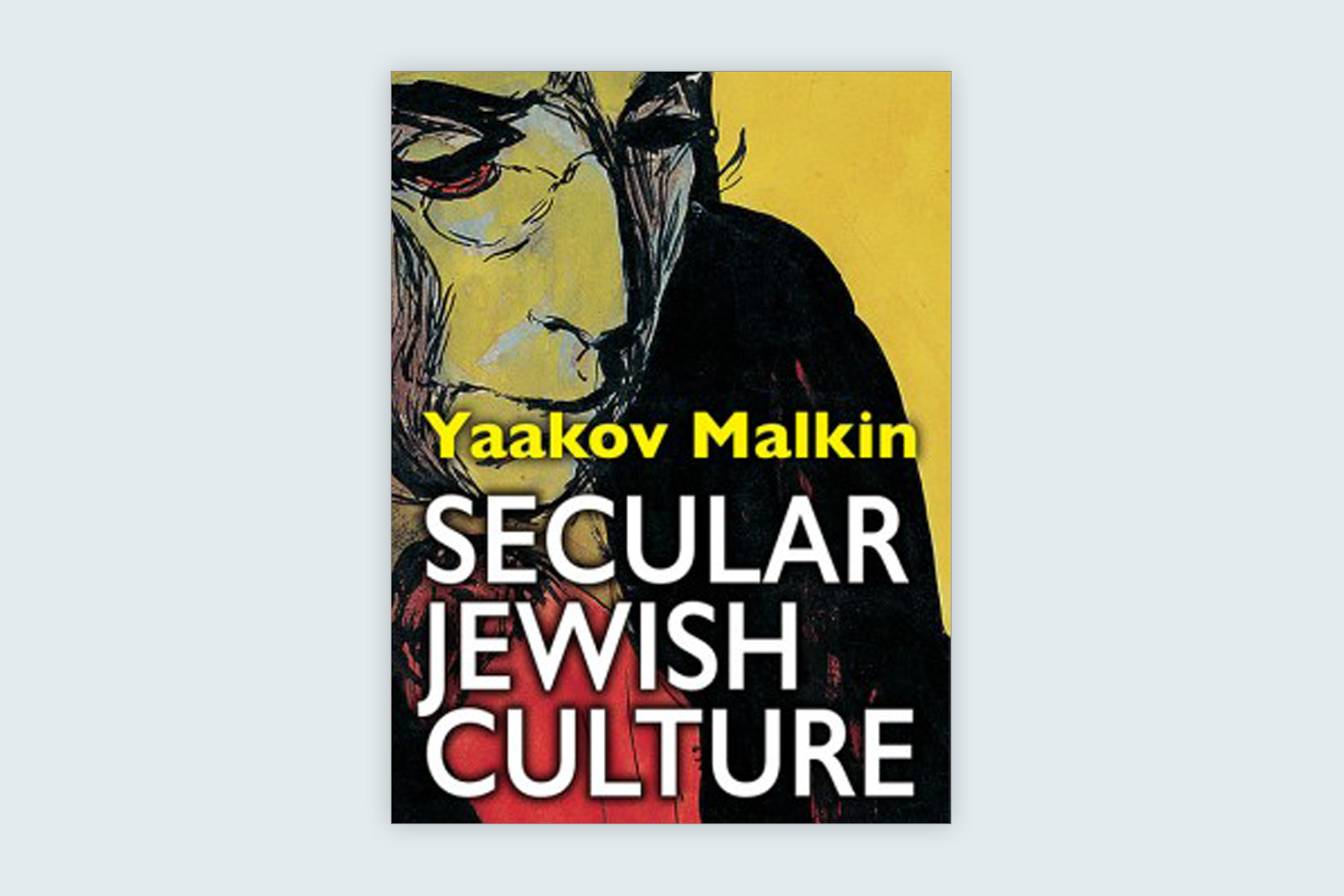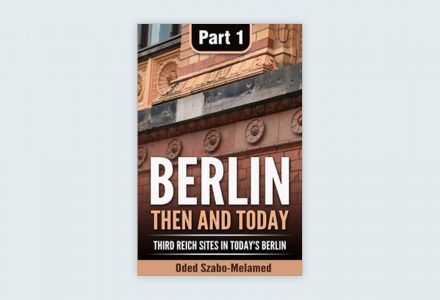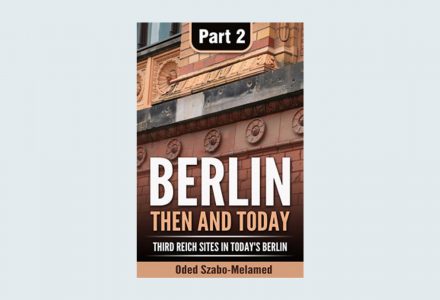Secular Jewish Culture
Secular Jewish Culture follows the tradition of three centuries of secular Jewish thought. Its roots lie in the works of Maimonides and other Jewish thinkers, followed by Spinoza, who began the process of secularisation. Do secular Jews believe? A Secular Jewish Culture defines the majority of Jews in Israel and around the world. Ever since the integration of Jews into Western democratic societies, Jews have undergone profound changes in their way of life and the ways in which they have chosen to raise their children. The new system of thought in the modern era – secular, Humanistic, and based on individual choice rather than on prescribed rabbinical orders – is not one of disbelief, but rather one of beliefs of a different kind. Authors who participate in the present volume, such as Amos Oz, Rachel Elior, A.B. Yehoshua, Haim Be’er, Yeshyahu Leibovitz, Felice Pazner-Makin, Haim Cohen, Yehuda Bauer, and Amos Funkenstein, focus their discussion on the origins and evolution of secular Jewish thought and on its predominant beliefs.
Jewish culture is a tapestry of diverse ethnic, religious and secular elements, a tapestry shared as common ground by secular and religious Jews alike. Most people who define themselves as Jews share a common cultural and historical heritage rooted in the Bible; they view the Land of Israel as the birthplace of the Jewish people; they recognize the Hebrew language as a national language that has left its mark on all other Jewish languages; and they understand (whatever their politics) that the founding of the Jewish State, Israel, in the mid-twentieth century constituted a turning-point in the history of the Jewish people.



